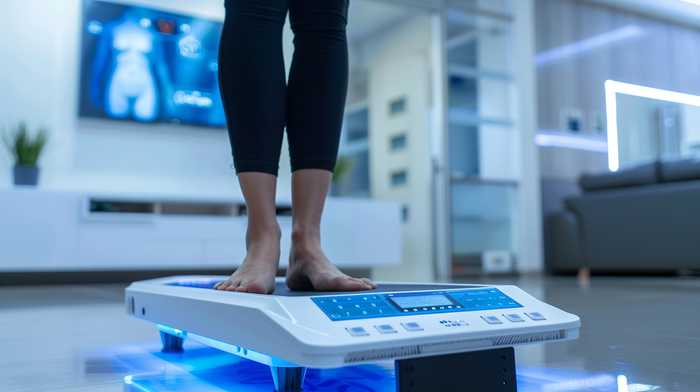What tests are worth doing before starting weight loss?
Beginning the process of losing weight is an important step toward improving health and well-being. Many people make this decision to feel better about their bodies, increase their fitness or for health reasons. However, before you start changing your eating habits or increasing your physical activity, it's important to do the right research. They will allow you to assess your current health status and customize your weight loss process, which is key to your success.
Basic blood tests
Blood tests are a basic, but also the most important step in assessing health before starting weight loss. They allow you to assess a number of parameters that can have a direct impact on the weight loss process and overall health. Among the most important blood tests that are worth performing are blood count, glucose levels, lipid profile (total cholesterol, LDL, HDL, triglycerides), and thyroid hormone levels (TSH, FT4). These tests will provide information about possible deficiencies, disorders or inflammation that may hinder weight loss.
Testing sugar and insulin levels

Checking your blood sugar levels is essential, especially if you have a predisposition to diabetes or have a family history of the disease. A glucose test and a glucose tolerance test will help assess how your body is handling the processing of sugar. It's also a good idea to test your insulin levels, as too high levels can indicate insulin resistance, which makes it significantly more difficult to lose weight.
Liver function tests
The liver is a key organ for metabolism, so checking its function is an important part of preparing for weight loss. Tests such as liver enzyme levels (ALT, AST, GGT) and bilirubin will help detect possible abnormalities in liver function that may affect weight loss difficulties.
Assessment of renal function
The kidneys play a key role in the body's detoxification process, so their proper functioning is essential for successful weight loss. Tests such as creatinine, urea and electrolyte levels (e.g. potassium, sodium) will assess whether the kidneys are functioning properly, which has a direct impact on health and the ability to lose weight safely.
Anthropometric measurements and body composition testing

In addition to laboratory tests, anthropometric measurements and body composition tests are an important part of preparing for weight loss. These will allow you to assess your body fat percentage, muscle mass and water levels. This will allow you to set weight loss goals more precisely and monitor your progress without focusing solely on your weight.
Summary
Before starting the weight loss process, it is a good idea to perform a number of tests that will help tailor your diet and training plan to your individual needs and detect any health problems that may hinder your goals. Remember that consultation with a doctor or nutritionist is essential for weight loss to be safe and effective. Health should always come first, and properly conducted research is the key to success in your quest for a better version of yourself.




